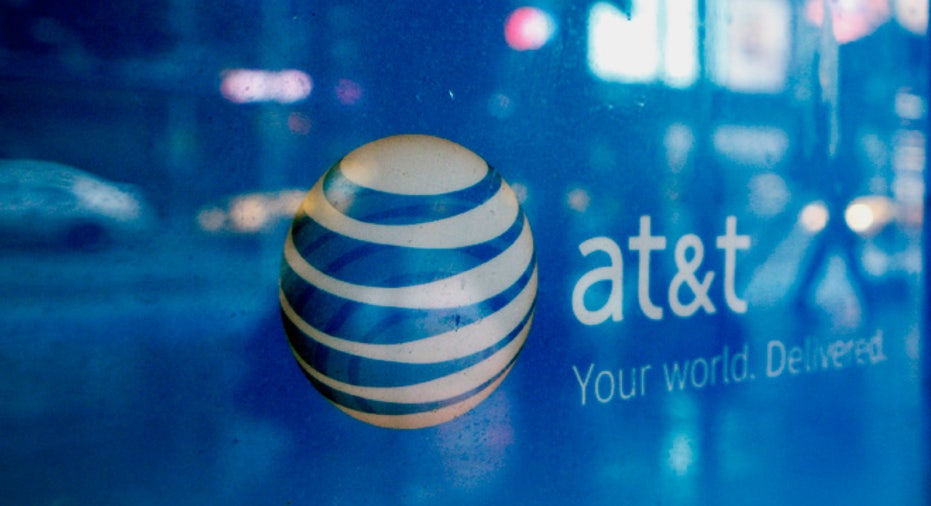AT&T Loses TV Subscribers; Profit Beats Expectations

AT&T said on Tuesday the No. 2 U.S. wireless carrier lost television subscribers and signed up fewer-than-expected monthly wireless customers in the first quarter, even as it beat profit estimates.
Shares of AT&T, which had gained 10.7 percent so far this year, fell almost 2 percent in extended trading.
AT&T has been seeking new revenue sources in an oversaturated wireless market, and has acquired satellite-TV provider DirecTV to offer bundles of cellular, broadband, TV and fixed-line phone services. AT&T is in the early stages of implementing this plan after completing the $48.5 billion merger in July, which created the country's largest pay-TV company.
"(AT&T's) strategy is to bundle wireless services with entertainment and broadband and so far that has shown mixed results," MoffettNathanson LLC analyst Craig Moffett said in a phone interview.
AT&T said it added 328,000 DirecTV subscribers in the quarter ended March 31. But it lost 382,000 U-verse TV customers as the company started to phase out that service.
AT&T, which is battling wireless providers like Verizon Communications and T-Mobile US for subscribers, added 129,000 postpaid customers in the quarter.
Postpaid customers, who pay bills monthly, tend to spend more than prepaid customers.
The increase fell short of analysts' average estimate of 287,000 postpaid net additions, according to market research firm FactSet StreetAccount.
AT&T signed up more than 3 million wireless customers after it reintroduced unlimited wireless data to AT&T wireless subscribers who had DirecTV and U-verse TV, Chief Financial Officer John Stephens said on a conference call after the company released earnings.
"Our new unlimited wireless with video offer started fast and continues at a solid pace," he added.
Net income attributable to AT&T rose to $3.80 billion from $3.26 billion in the year-ago quarter.
On a per share basis, net income fell to 61 cents from 63 cents.
Excluding items, the Dallas-based company earned 72 cents per share, beating the average analyst estimate of 69 cents, according to Thomson Reuters I/B/E/S.
Total operating revenue rose 24.4 percent to $40.53 billion, beating the average analyst estimate of $40.47 billion.
(Reporting by Malathi Nayak in New York and Kshitiz Goliya in Bengaluru; Editing by Sriraj Kalluvila and Richard Chang)



















